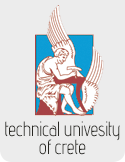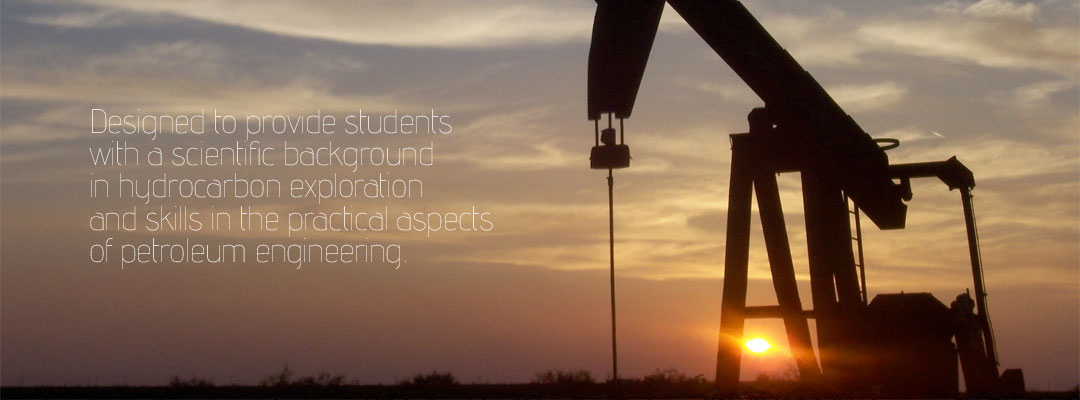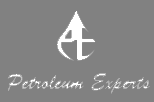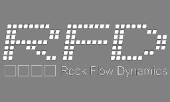Course Information
| Duration (hours) | 39 |
| ECTs | 5 |
| Practice | Simulation |
| Instructor(s) | Dr. Angelos Mavromatidis |
Description
Design and construction of vertical, deviated and horizontal wells in both onshore and offshore explorations. Pore pressure estimation, drilling equipment and procedures, hydraulics, casing and cementing and well control.
Syllabus
1st Lecture | Introduction.Drilling engineering overview & objectives, challenges, examples.Types of drilling rigs, types of wells. The rotary drilling process (sections), well completion basics |
2nd Lecture | Drilling functions. Power system, hoisting system, mud circulation system. Description of the drill string components, axial force design. Rotary drilling bits |
3rd Lecture | Drilling functions. Power system, hoisting system, mud circulation system. Description of the drill string components, axial force design. Rotary drilling bits |
4th Lecture | Well control. The kick mechanism, kick detection, primary and secondary well control, the Blow-Out-Preventer (BOP) |
5th Lecture | Hydraulics. Hydrostatic calculations, kick evaluation, kick discharge, drill string stress analysis. Non static well conditions, conservation of energy, applications to bit nozzles. Rheology, application to particle slip velocity |
6th Lecture | Hydraulics. Hydrostatic calculations, kick evaluation, kick discharge, drill string stress analysis. Non static well conditions, conservation of energy, applications to bit nozzles. Rheology, application to particle slip velocity |
7th Lecture | Pore and fracture pressure. Normal and abnormal pressure regimes, relation to porosity, estimation of pore pressure while drilling, estimation before drilling, estimation of fracture pressure |
8th Lecture | Casing and cementing. Types of casing strings, classification, accessories, wellhead structure, casing design procedures. Cementing jobs, placement of cement, TOC, quality checks |
9th Lecture | Casing and cementing. Types of casing strings, classification, accessories, wellhead structure, casing design procedures. Cementing jobs, placement of cement, TOC, quality checks |
10thLecture | Drilling mud.Drilling mud functions, diagnostic tests, pilot tests, drilling mud properties control |
11thLecture | Directional drilling.Directional drilling, geometry, planning the well trajectory, deflection tools, surveying |
12thLecture | Directional drilling.Directional drilling, geometry, planning the well trajectory, deflection tools, surveying |
13thLecture | Drilling cost. Authorization for expenditure, types of costs and relative size, drilling cost formulae, approximate and detailed drilling cost |

Petroleum Engineering postgraduate program of the Technical University of Crete is a one-year, full-time program, designed to provide students with a scientific background in hydrocarbon exploration and skills in the practical aspects of petroleum engineering. The program begins in October, and leads to a Master of Science (MSc) degree. The program is run by the School of Mineral Resources Engineering.








